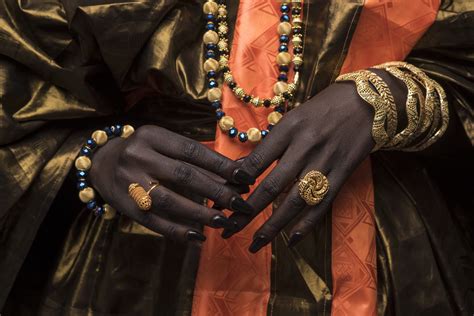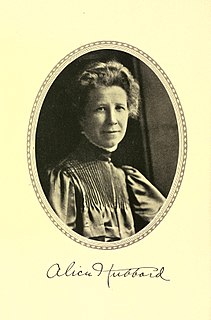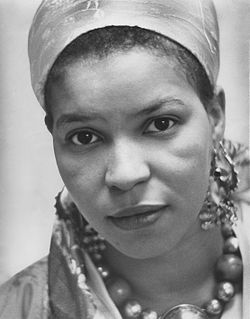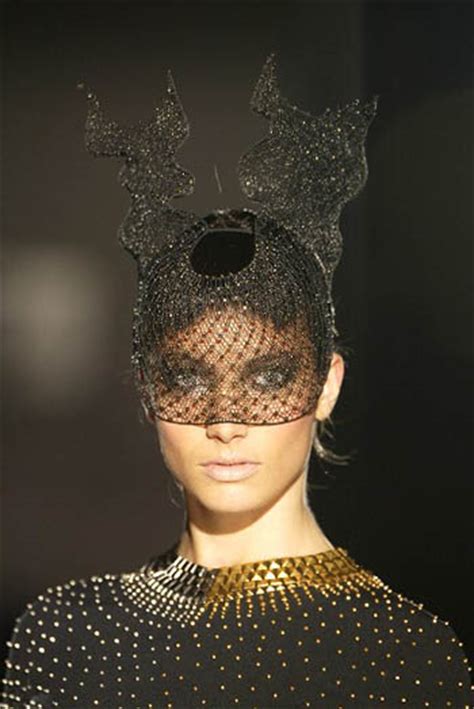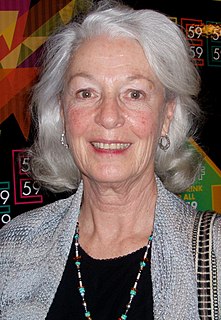A Quote by Gene Wolfe
All the history of the stage is a struggle, the gasping of a beautiful child born at the point of death. The moralists, censorship and oppression, technology, and now poverty have all tried to destroy her. Only we, the actors and audiences, have kept her alive.
Related Quotes
All of us--all who knew her--felt so wholesome after we cleaned ourselves on her. We were so beautiful when we stood astride her ugliness. Her simplicity decorated us, her guilt sanctified us, her pain made us glow with health, her awkwardness made us think we had a sense of humor. Her inarticulateness made us believe we were eloquent. Her poverty kept us generous. Even her waking dreams we used--to silence our own nightmares.
Well, she's so alive, Julia Child. And Margaret is so - is so designed. She's so intent upon making her point. That's the most important thing, is that she win the argument, and there is nothing that stands in the way of that train, you know. But Julia's just alive in front of you. That's part of why people loved her. They lived it with her. They breathed it with her. And the mistakes were all part of it.
There's not one woman in America who does not care about her hair, but we give it way too much value. We deprive ourselves of things, we use it to destroy each other, we'll look at a child and judge a mother and her sense of motherhood by the way the child's hair looks. I am not going to traumatize my child about her hair. I want her to love her hair.
In a world full of war, famine, oppression, deceit, monotony, what—apart from the eternal innocence of animals—offers an image of hope? A mother with a newborn child in her arms? The child may end up as a murderer or a murder victim, so that the hopeful image is a prefiguration of a pietà: a mother with her newly dead child on her lap.
somebody/ anybody sing a black girl's song bring her out to know herself to know you but sing her rhythms carin/ struggle/ hard times sing her song of life she's been dead so long closed in silence so long she doesn't know the sound of her own voice her infinite beauty she's half-notes scattered without rhythm/ no tune sing her sighs sing the song of her possibilities sing a righteous gospel let her be born let her be born & handled warmly.
You often hear attacks on international adoption as robbing a child of his or her culture, and that's both true and false. It's true that an internationally adopted child loses the rich background of history and religion and culture and language that the child was born into, but the cruel fact is that most children don't have access to the local, beautiful culture within an orphanage.
When we teach a child to sing or play the flute, we teach her how to listen. When we teach her to draw, we teach her to see. When we teach a child to dance, we teach him about his body and about space, and when he acts on a stage, he learns about character and motivation. When we teach a child design, we reveal the geometry of the world. When we teach children about the folk and traditional arts and the great masterpieces of the world, we teach them to celebrate their roots and find their own place in history.
The art of not experiencing feelings. A child can experience her feelings only when there is somebody there who accepts her fully, understands her, and supports her. If that person is missing, if the child must risk losing the mother's love of her substitute in order to feel, then she will repress emotions.
I knew by the way he looked at her that he held her in a higher regard than he held even himself. No selfishness or insecurity kept him from seeing the full extent of her goodeness, as it so often does with the rest of us. That kind of love may only be possible in Abnegation. I do not know. My father: Erudite-born, Abnegation-grown. He often found it difficult to live up to the demands of his chosen faction, just as I did. But he tried, and he knew true selflessness when he saw it.


